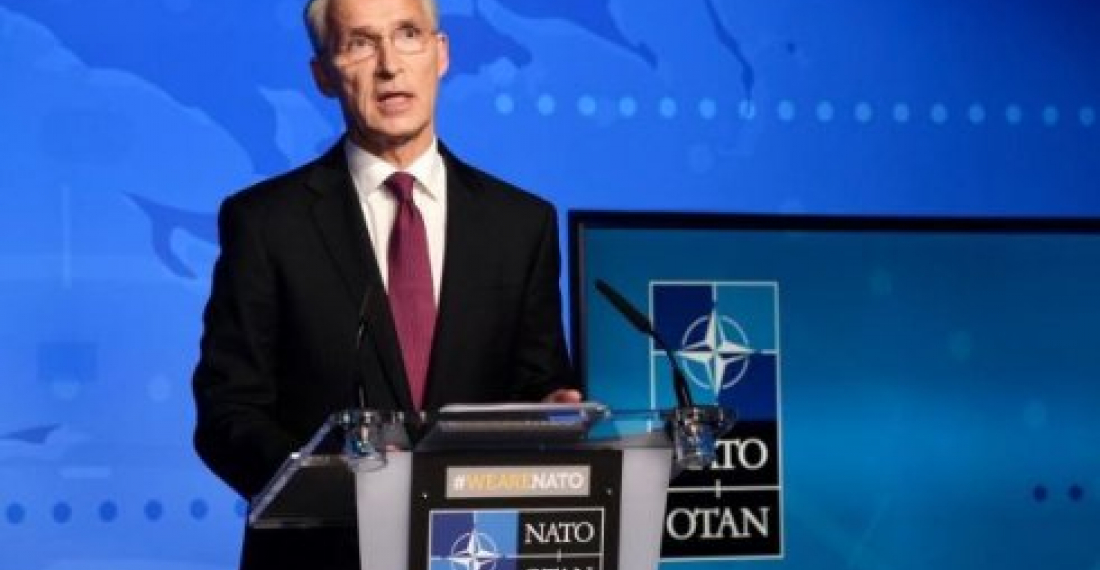NATO allies have called on Russia to fully cooperate with the independent inquiry by the Organisation for the Prohibition of Chemical Weapons (OPCW) into the recent use of the Soviet-era chemical nerve agent from the Novichok group. A meeting between the alliance's ambassadors took place Friday (4 September) in Brussels following Wednesday's discovery by German authorities that the banned substance was used to poison Russian opposition leader Alexei Navalny.
Speaking at a news conference, Jen Stoltenberg, Secretary General of NATO, labelled the poisoning as "an attack on fundamental democratic rights," stating that "any use of chemical weapons shows a total disrespect for human lives and is an unacceptable breach of international norms and rules." "NATO allies agree that Russia now has serious questions it must answer. The Russian Government must fully cooperate with the Organisation for the Prohibition of Chemical Weapons on an impartial international investigation," he added.
On Thursday, Norbert Röttgen, chair of the German parliament's foreign affairs committee and a top ally of German Chancellor Angela Merkel, suggested the German-Russian Nord Stream 2 gas pipeline deal must now be reconsidered. In an interview with German broadcaster ARD, Röttgen said: "Now, again, we are brutally confronted with the reality of the Putin regime, which treats people with contempt... The question is, are the Europeans always going to end up doing nothing? If so, then we'll become irrelevant, we won't be taken seriously."
The Kremlin continues to deny Russian Government involvement in the poisoning and does not accept the findings of German authorities. Navalny remains in an induced coma at the Charité hospital in Berlin, although his condition is reportedly improving.
Sources: Commonspace.eu with the BBC, Al Jazeera, Thomson Reuters and agencies.
photo: NATO Secretary General Jens Stoltenberg speaking at a press conference after the NATO Council Meeting in Brussels on 4 September (picture courtesy of NATO press service)






